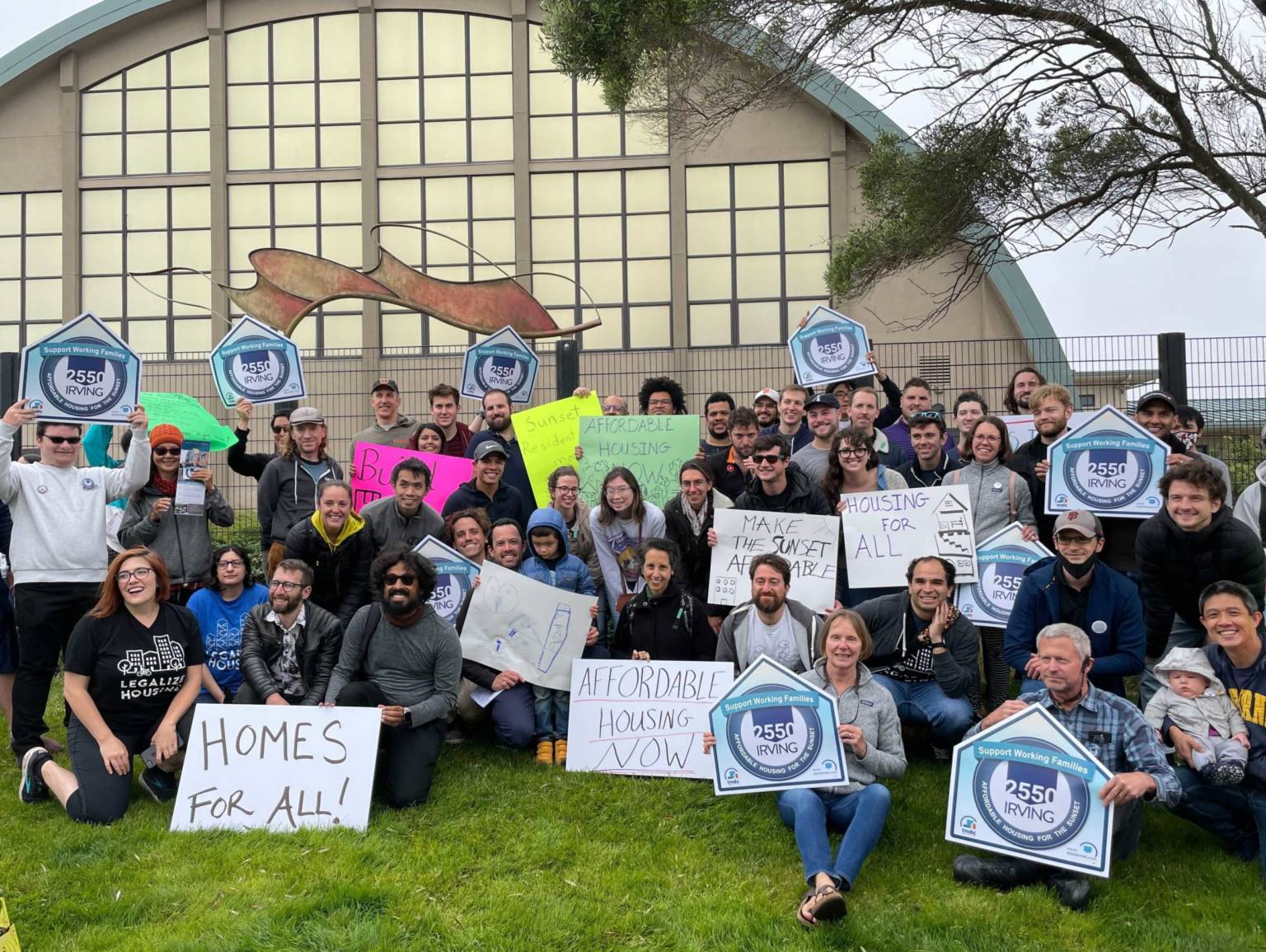2019 Lookback and the #2020Vision
It’s been a while since I’ve produced some quality personal content. Moreover, I’ve noticed that it’s been 1 year since my time as a Data Analyst at Autodesk! Though the journey has been amazing to work in a start-up-like workflow, meanwhile working to drive impact to a corporation, I thought it would be beneficial to readers to provide some lessons learned. Also, what’s coming up for me in 2020?
Starting off…
1. Lessons Learned
You’re learning if you make mistakes, improve on them, and continue to correct to drive to successful impact.
To help with some of the conflictions you may face this year, I would hope to provide some insights, if they apply.
1.1. Having a healthy “Success” Mindset
In school, I compared my poor performance to peers , and would be depressed by the lack of progress compared to them.
Even when I started in my own career path, I still was ashamed of lack of enthusiasm in deliverables, lack of productionizing some analyses, and so much more. Thinking in the day, even weeks, I would sometimes wonder why (and slightyly cringe).
But these failures are lessons that should be a grain of salt. Learning from Lex Fridman, “Success is finding and paving your own path. It’s not defined by someone else’s success” regardless of current state.” We should be happy about our own development, and more so appreciative of other people’s achievements. Use those achievements to say “Wow, someday I too can get there as well”.
1.2. Dealing with bad 10X Engineers/People
There are amazing individuals who outshine the rest, but may feel prideful of their accumulated knowledge. They may push you down and make you feel belittled. These are the bad 10x Engineers.
How can we work with these people?
-
Keep calm, and continue to develop on
- When having an opportunity to correct them, use sentences like “Well I and others in the community may implement this, so how can you implement it compared to those standards? What are the benefits?” In a nice manner
- Avoid using “You”
- When they feed their ego, agree to what they express, and say “oh man, and I bet so much more people feel that way too. I really hope that can not happen anymore soon”.
- It’s showing you acknowledge their complaints, but at the same time dash the reality that other people exerience it too
-
For women in the workforce, if ever belittled by these people, I heard a recommendation that having a “sponsor” in the room is something that could be effective. However, I know rallying sponsors can be difficult, it can be useful in a long-run strategy to protect yourself in the workplace.
- “Sit Down, Be Humble”. Always remember to be humble, carry on, and pass on sincerity and understanding to others. This enables to preserve or improve a collaborative and productive culture, meanwhile in long run would hopefully make you not stray into these 10x habits others are expressing.
1.3. Degrees don’t imply a Top Contending Worker
A degree is a signal of the achievements you’ve made for particular knowledge. Another way to say this is that the probability of an individual to successfully execute on tasks depending a degree, historically, has proven to be shown from people with degrees.
However
“Correlation is not causation”
I’ve met individuals that had degrees, but have lost some of that expertise. Remiments of the domain knowledge still exist, surely. However, does that dissapaction of knowledge bear true to the above statement?
Another case, if you had a degree for one specificiation, is taht translatable to having success in another domain or subject? It can, but not quite. And too that, if someone can successfully transitition between fields, then is it plausible that the initial assumption may not concretly hold…and maybe, just maybe, a degree doesn’t imply one to be a top contending worker?
Neither cases can be defiitely shown true, but here is the thing about probability–it’s not about probability.
To this, we cannot or can say high degrees makes you a productive worker. In summary, Work ethic makes your a better worker, not smarts
1.4. I Have Spare Time
In 2010, I gave up my most valued hobby–video games. I thought I was doing well. However, as a substitute, I was still binging on Youtube, movies, and shows. Now, this is the norm from such subscription services like Netflix & Hulu. However, I realized in 2016 and forward that I needed to do more.
I still watch content, but I now do try to create barriers to carve out more time in my day to personal development, outside of my existing work. Moreover, in the past month I noticed I have not ran–and used time as an excuse.
However, there can be room for improvement. I’ve used Androids Focus Mode functionality and Calendar planning for a move effective scheduling to focus on priorities on career. Moreover, I had the chance to start Commute by either Running or riding a bike through some planning. Feel free to ask how that’s going. :D
1.5. Do I really Care about Diversity?
So, I definitely do not know Spanish. It’s a skill I resented in my youth, as I didn’t want to be part of any culture – I was an odd kid.
Now a’days, I am basking in the achievements and work I’ve accumulated in the past, but I feel a sense of forgetting my struggle and past. Also to that, I see people of diversity in all walks of life have reminiments of the same issues I’ve faced. However, they never had the light of day to show them what their true potential is.
Coming to a sense of supressing my past struggles with existing pleasures, seeing others struggle, and my self reflection, I question myself and ask
Am I going to be the next person in my diversity group forgetting people in struggle (e.g. As a underpriveleged minority can go into another class, they spend “bank” on themselves enjoying the pleasures they never had, or never helping their communit)
I’m just like others–inactive in holding out my hand, and helping others.
Let’s just say I am really thinking about that, and I want to do something about it….
1.6. Re-using my Saw Dust in my Carpentry of work
For me, I would like to help diverse individuals with my skillsets. Moreover, how can I help that is also relevenat to common individuals? Well, I learned something I have to give some credit to this Youtube on shedding some light
2. What’s Next?
- Maintain Volunteering capacity
I am currently volunteering at Delta Analytics as a Teaching assistant, and continuiing to contribute more. If you want to apply, feel free to do so. There is also DataKind, if you are interested in joining a chapter as well
- Improving technical skills
Implementation of productionized AB testing, and more
-
Personal reinforcement of combining tests with Python Scripts
-
Learning contributions at scale
Learn, grow, empower.
#2020Vision

